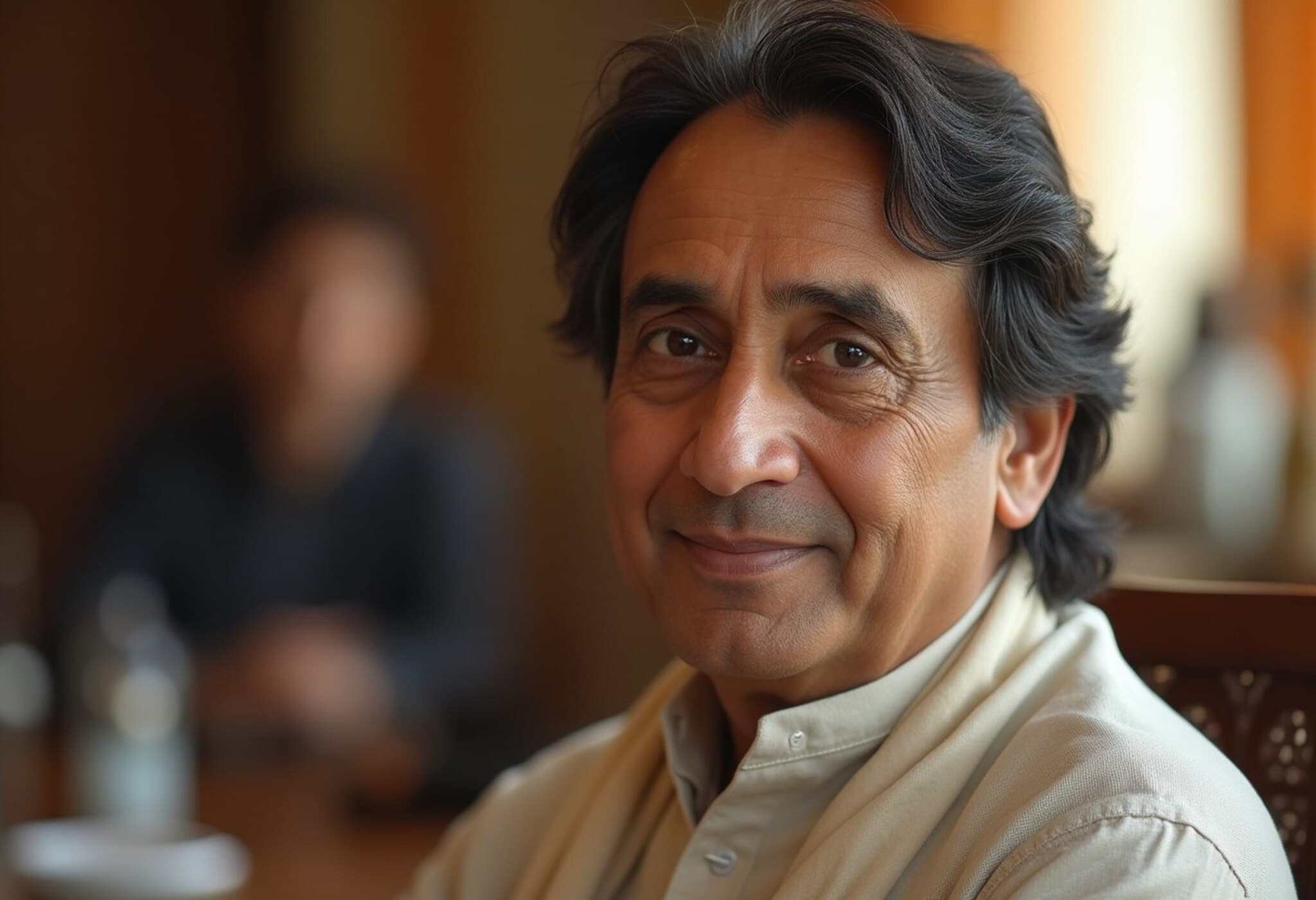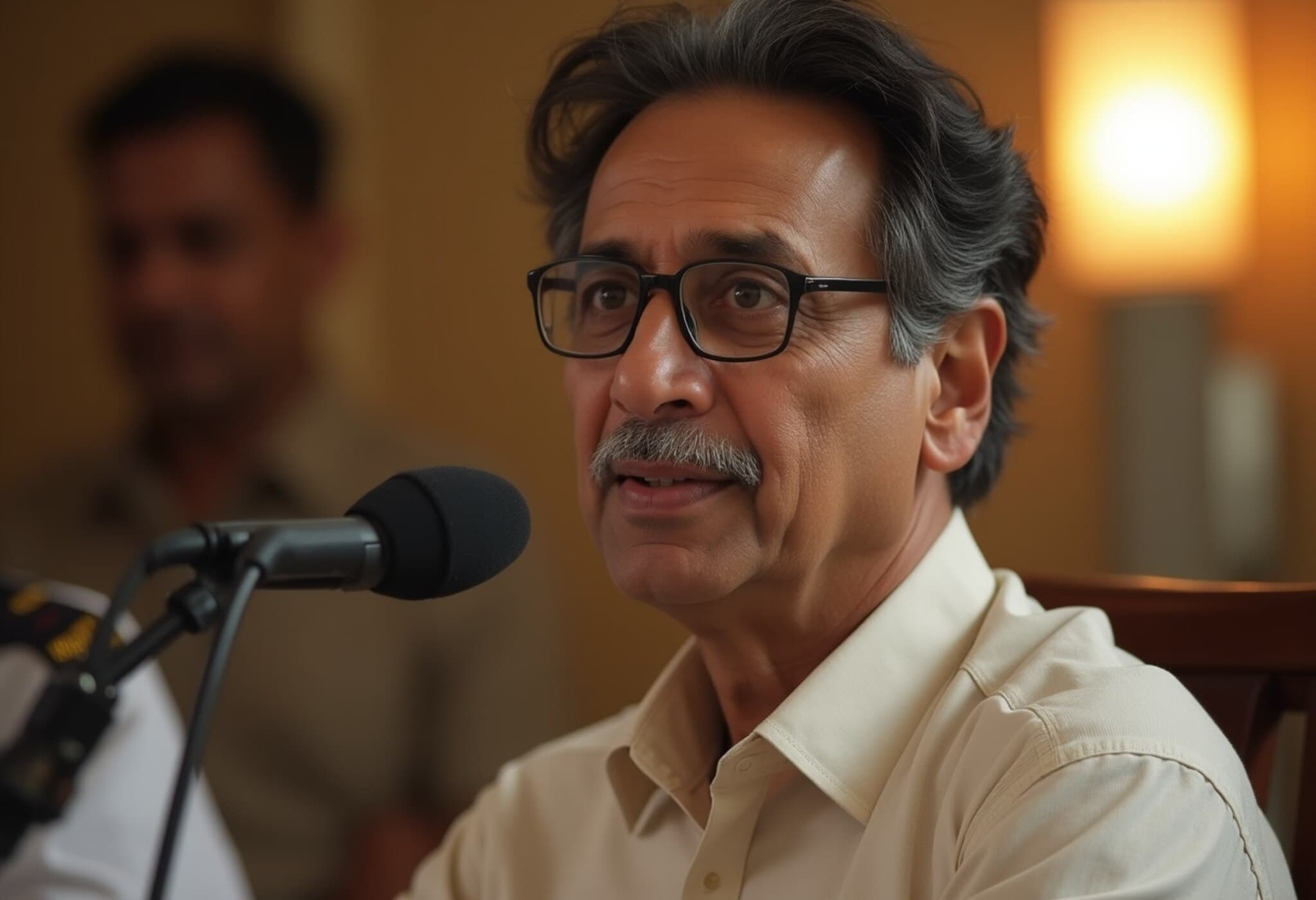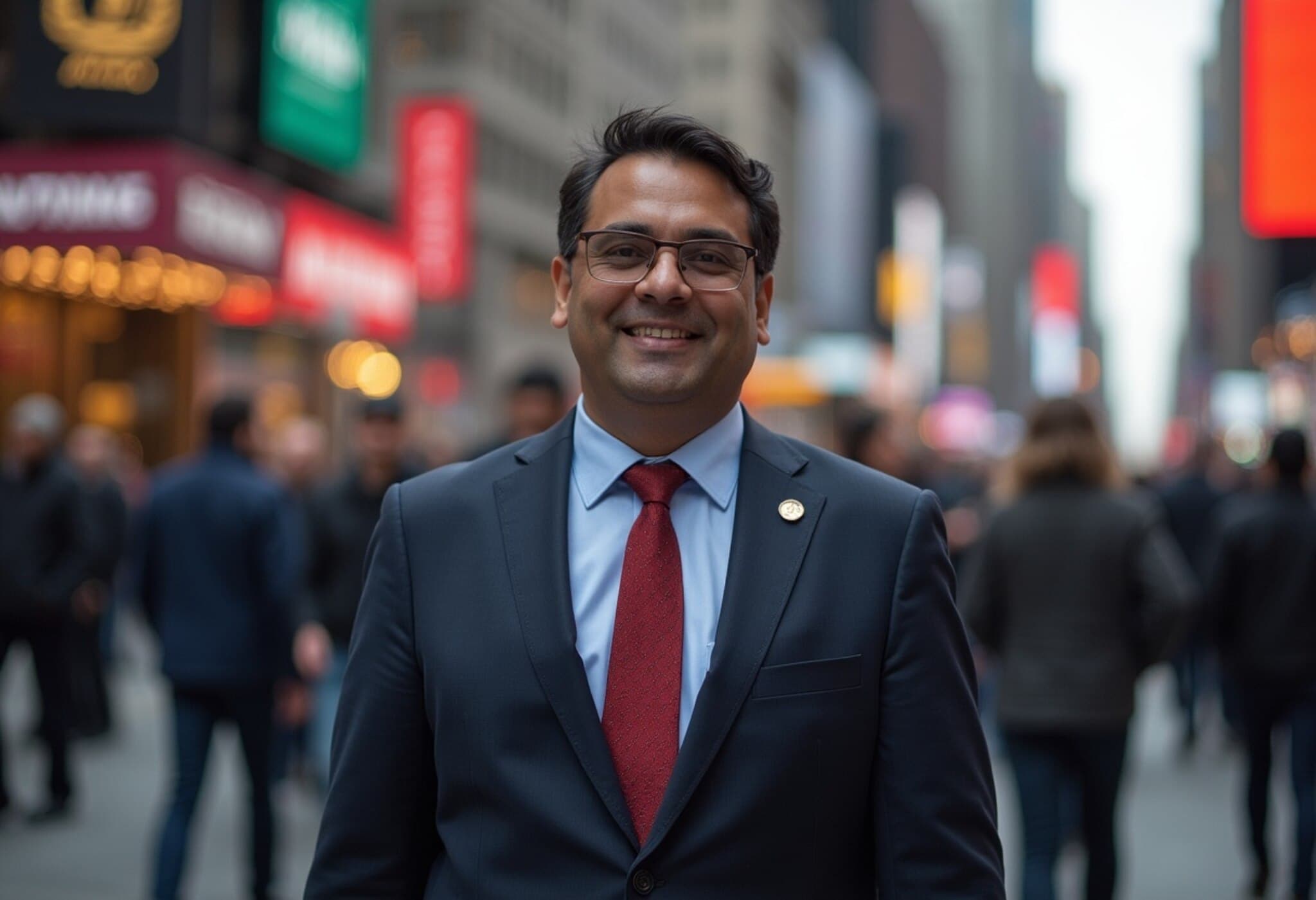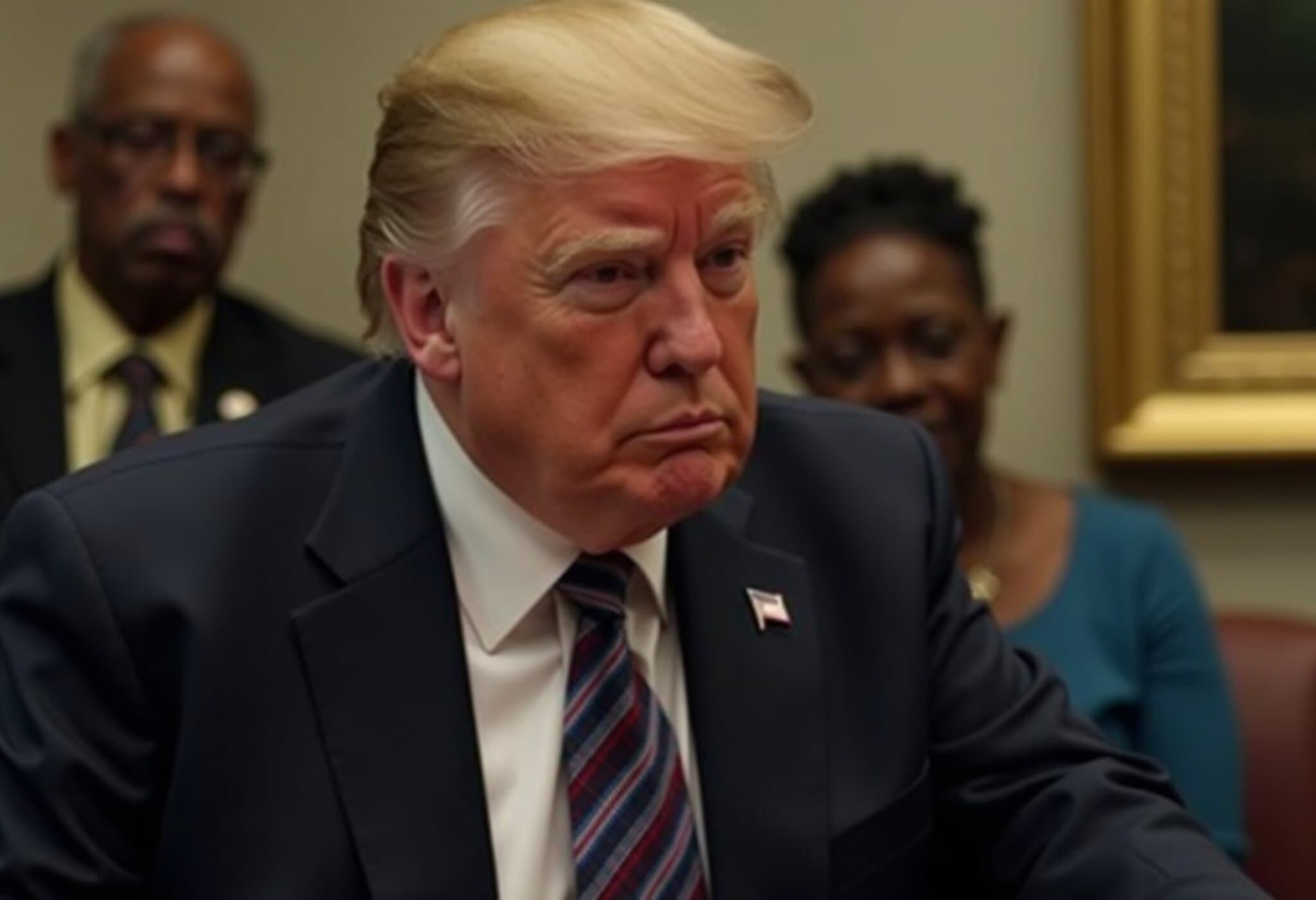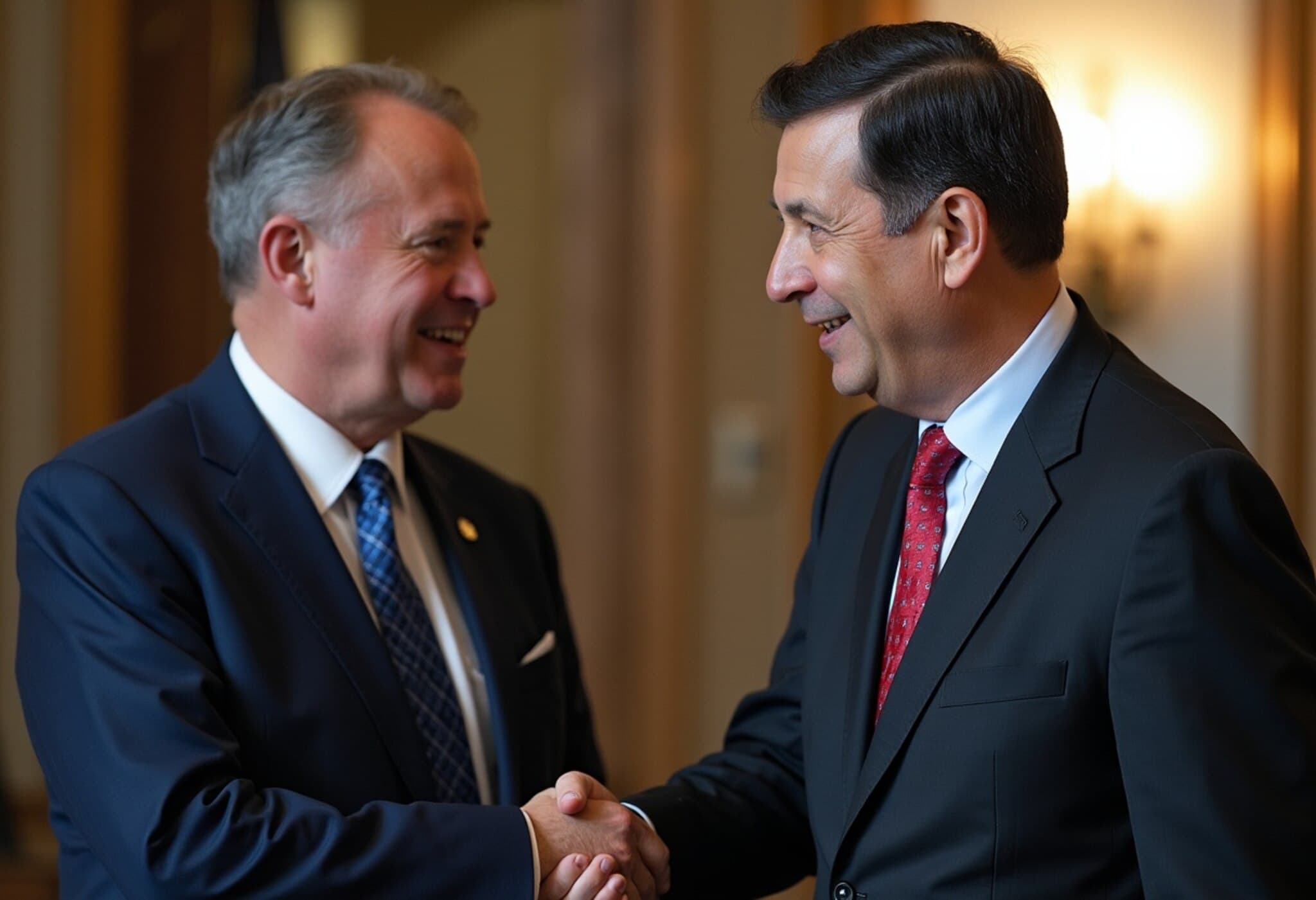Shashi Tharoor Revisits the Emergency: A Crucial Lesson for India's Democracy
In a thoughtful reflection on one of India’s most controversial and tumultuous episodes, senior Congress leader Shashi Tharoor has urged the nation to deeply examine the legacy of the Emergency imposed between June 25, 1975, and March 21, 1977. Writing in the Malayalam daily Deepika, Tharoor underlined that the Emergency remains a vital historical lesson about the fragility of democracy, and he emphasized the importance of vigilance against threats to individual freedoms.
The Emergency: Dark Chapter and Necessary Reflection
While Tharoor did not shy away from acknowledging the grim realities of the Emergency period — including the forced sterilization campaigns led by Sanjay Gandhi and the controversial demolition of slum areas largely inhabited by the urban poor — he insisted that India’s democracy must be assessed through the dual prism of remembering past mistakes and learning to safeguard against their recurrence.
“India of today is not the India of 1975,” Tharoor wrote, highlighting that India has emerged more confident, developed, and institutionally stronger. Yet, he cautioned against complacency, noting, “the lessons of the Emergency remain relevant in troubling ways.”
Risks of Centralized Power and Silencing Dissent
One of Tharoor’s most poignant warnings echoes through political corridors globally: the danger of centralizing power and marginalizing dissent under the guise of national interest or stability. He stressed that such tendencies “can still reappear in different forms,” underscoring that democratic safeguards must be relentlessly protected.
Tharoor’s insights strike a particularly timely chord for India and other democracies facing rising populism and authoritarian tendencies. His words serve as a cautionary tale — that democracy is a living system requiring constant nurture and vigilance.
Human Impact: The Forgotten Voices of the Emergency
Beyond institutional warnings, Tharoor’s recounting brings a human face to the Emergency’s harsh realities — the devastation wrought on marginalized communities through violent sterilization drives and slum clearances, often without adequate rehabilitation. These tragedies underscore an uncomfortable truth about policy-making under unchecked power: the vulnerable often pay the heaviest price.
Expert Perspective: Why Tharoor’s Reflection Matters Today
As an experienced parliamentarian and historian of India’s political evolution, Tharoor’s reflections go beyond partisan critique to offer a balanced historical reckoning. For policymakers and civil society advocates, his analysis is a reminder that safeguarding democratic institutions requires vigilance at every level — from electoral integrity to protecting freedom of speech.
His cautionary message is particularly relevant amid ongoing debates over civil liberties, media freedom, and state authority in India and worldwide. Tharoor’s insights encourage a broad, informed dialogue about balancing security and liberty in modern democracies.
Looking Ahead: Democracy’s Ongoing Challenge
The Emergency era remains a key episode in understanding India’s democratic journey — illustrating how fragile freedoms can be suspended rapidly but must be fiercely preserved. Tharoor’s call to remember and learn from this past is a timeless reminder that democracy is an active, evolving commitment rather than a static achievement.
Key Takeaways:
- The Emergency was a harrowing period marked by gross violations of civil rights and human dignity.
- India today is politically and institutionally stronger, but historical lessons remain critical in preventing the abuse of power.
- Centralization of authority and suppression of dissent must be resisted as these threaten the core values of democracy.
- The human cost of political decisions must never be forgotten, especially the impact on marginalized populations.
- Vigilant citizens and accountable leaders are essential to preserving democratic freedoms.
Editor’s Note
Shashi Tharoor’s reflections provide a nuanced, timely perspective on the Emergency—an episode still resonant with democratic challenges today. His candid acknowledgement of past mistakes combined with a forward-looking optimism invites readers to critically evaluate how democracies can guard against repeating history’s darkest moments. For India and other nations grappling with evolving authoritarian tendencies, the question remains: how can democracy remain resilient without sacrificing freedoms or succumbing to convenience-driven power grabs? This ongoing dialogue is essential for protecting liberties in an increasingly complex world.

